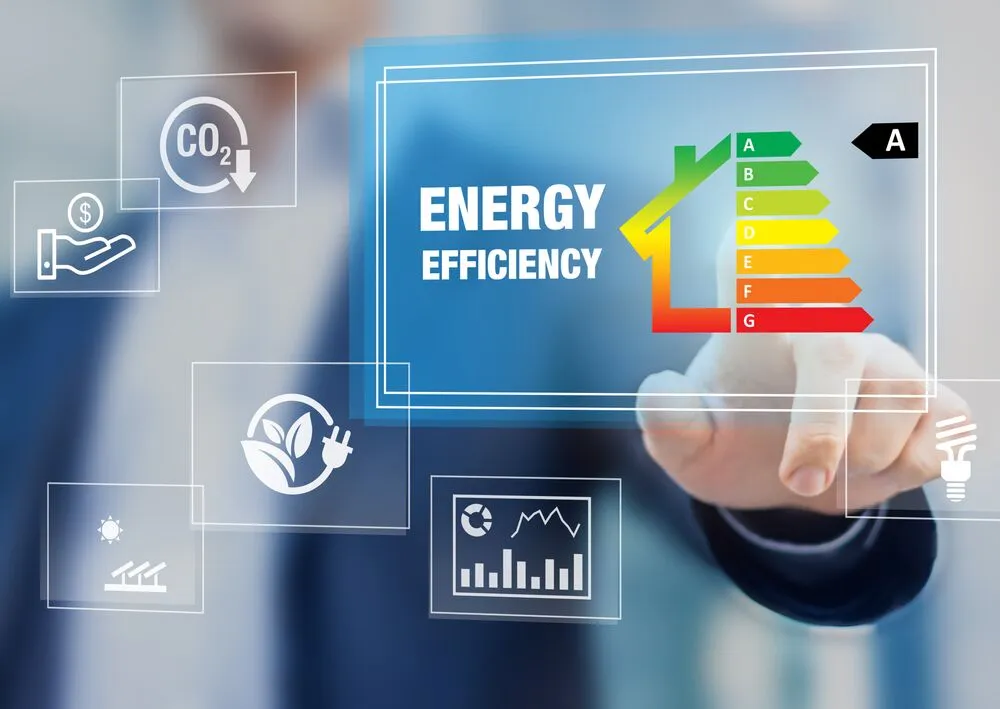UL 2271 Rechargeable Battery Pack Energy Performance Testing
The UL 2271 standard is a pivotal benchmark in the evaluation of rechargeable battery packs for smart home and IoT devices. This standard ensures that batteries meet stringent safety, performance, and energy efficiency requirements. Compliance with this regulation is essential for manufacturers aiming to deliver reliable products that can withstand rigorous operational demands while maintaining high levels of user satisfaction.
The UL 2271 testing protocol involves a series of comprehensive evaluations designed to assess the overall performance and reliability of rechargeable battery packs. Key areas of focus include energy efficiency, power consumption under various conditions, charge retention capability, and safety margins against potential hazards such as overcharging or overheating.
For quality managers, compliance officers, R&D engineers, and procurement specialists, this service is crucial in ensuring that their products meet the highest industry standards. By adhering to UL 2271 guidelines, manufacturers can enhance product safety while optimizing performance metrics such as battery life and charging speed.
| Standard | Description |
|---|---|
| UL 2271 | Rechargeable Battery Pack Energy Performance Testing Standard |
| ISO/IEC 6804-3 | Energy Efficiency Evaluation for Rechargeable Batteries |
The testing process typically begins with a detailed review of the battery’s specifications and expected performance. From there, engineers subject the batteries to a series of real-world scenarios that simulate typical usage patterns in smart home and IoT devices. This includes high-intensity data transfer periods, idle standby conditions, and full discharge cycles.
During these tests, sophisticated instrumentation measures key parameters such as voltage levels, current draw, charge retention rates, and overall power efficiency. The results are then compared against the performance criteria set forth by UL 2271 to determine compliance and identify any areas for improvement.
- Compliance with UL 2271 ensures enhanced safety, preventing potential hazards such as overheating or short circuits.
- Improved energy efficiency leads to longer-lasting products, reducing the need for frequent replacements and lowering environmental impact.
- Precise charge retention rates ensure consistent performance across all devices using the battery pack.
- Enhanced power consumption metrics contribute to better overall system performance in smart home ecosystems.





